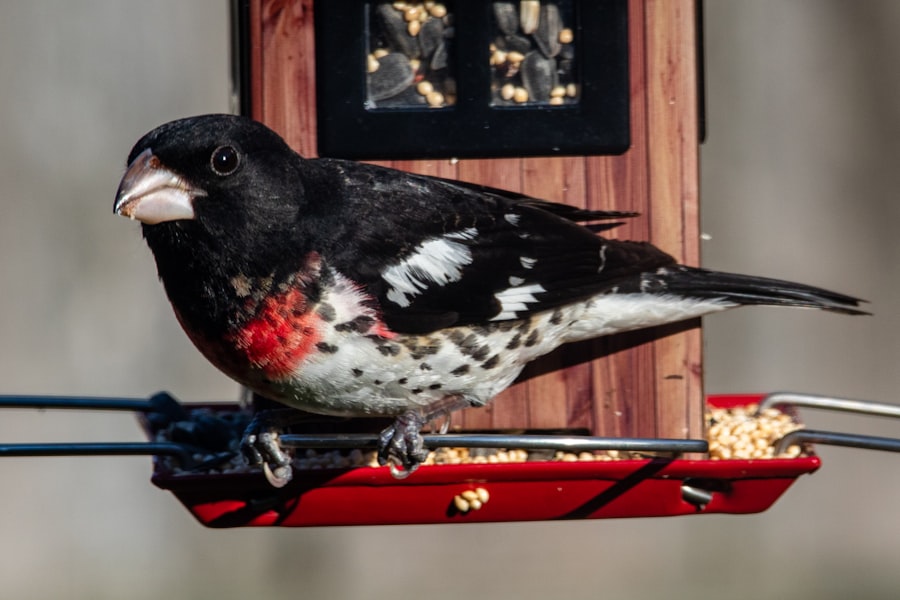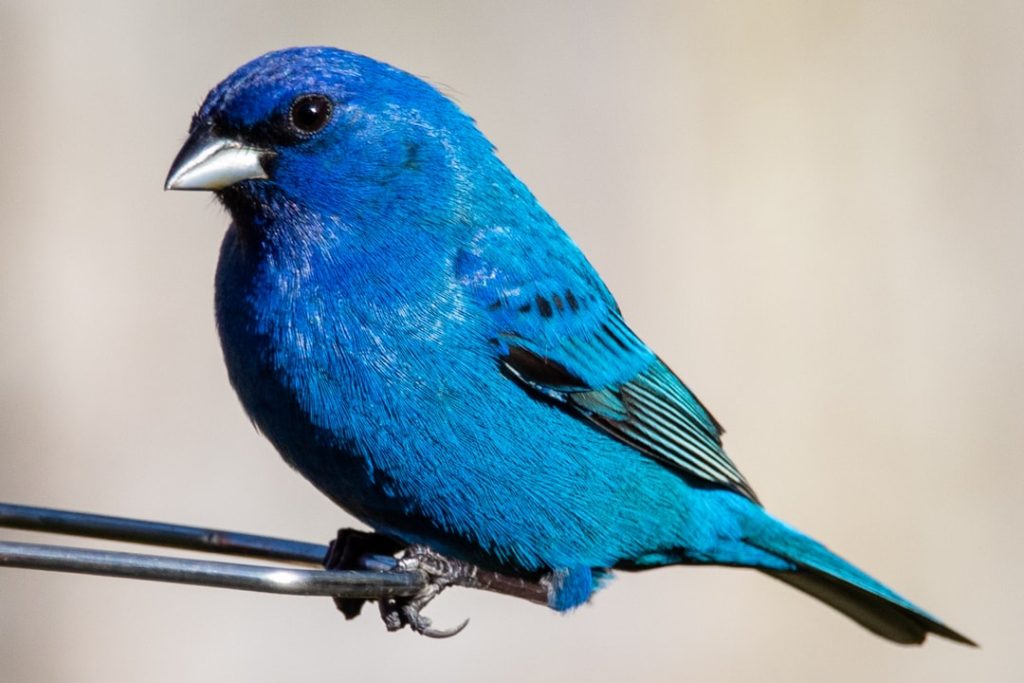When selecting chicken breeds for a backyard flock, several factors should be considered. Climate is a crucial factor, as some breeds are better adapted to cold weather, while others thrive in warmer conditions. The intended purpose of the flock is also important, whether it be for egg production, meat, or companionship.
Different breeds excel in various areas, such as egg-laying capacity, meat quality, or friendly temperament. For egg production, breeds like Rhode Island Red, Leghorn, and Australorp are popular choices. Cornish Cross and Plymouth Rock are known for their meat quality.
Orpington and Silkie breeds are often selected for their docile nature and suitability as pets. Space availability is another consideration, as some breeds are better suited to confined areas, while others require more room to roam. It is essential to research various breeds thoroughly to determine which one best matches specific needs and circumstances.
Factors such as local regulations, feed costs, and maintenance requirements should also be taken into account when making a final decision.
Table of Contents
Key Takeaways
- Consider the climate, space, and purpose of raising chickens when choosing the right breed
- Provide a secure and well-ventilated coop with nesting boxes and perches for your chickens
- Ensure a balanced diet for your chickens with access to fresh water at all times
- Regularly check for signs of illness and provide proper healthcare for your chickens
- Collect eggs daily and store them properly, and use them in cooking or share with others
- Install fencing and predator-proof the coop to protect your chickens from potential threats
- Enjoy the fresh eggs, pest control, and companionship that come with keeping chickens
Setting up a chicken coop
Security and Predator Protection
First and foremost, you’ll want to ensure that the coop is secure and predator-proof. This means using sturdy materials and hardware cloth to prevent access from predators such as raccoons, foxes, and birds of prey. Additionally, the coop should provide adequate ventilation to prevent moisture buildup and ensure good air quality for the chickens.
Coop Size and Layout
The size of the coop will depend on the number of chickens in your flock and whether they will have access to an outdoor run. As a general rule of thumb, each chicken should have at least 2-3 square feet of indoor space and 8-10 square feet of outdoor space. The coop should also include nesting boxes for the hens to lay their eggs, as well as roosting bars for them to perch on at night.
Coop Location and Maintenance
Finally, it’s important to consider the location of the coop within your yard. It should be placed in an area that is well-drained and protected from strong winds, with easy access for cleaning and maintenance.
Feeding and watering your chickens

Proper nutrition is essential for keeping your chickens healthy and productive. A balanced diet will ensure that your hens lay high-quality eggs and that your meat birds grow at a healthy rate. When it comes to feeding your chickens, there are several options available.
You can purchase commercial chicken feed from a feed store or mix your own feed using grains, protein sources, and supplements. It’s important to provide a balanced diet that includes protein, carbohydrates, vitamins, and minerals. Additionally, chickens should have access to fresh water at all times.
Water is essential for digestion, egg production, and regulating body temperature. In addition to their regular feed, chickens can also benefit from occasional treats such as fruits, vegetables, mealworms, or kitchen scraps. However, it’s important not to overdo it with treats, as they should only make up a small portion of the chickens’ diet.
When it comes to feeding your chickens, it’s important to monitor their intake and adjust their diet as needed based on their age, activity level, and overall health. By providing a balanced diet and access to fresh water, you can ensure that your chickens stay healthy and thrive. Proper nutrition is essential for keeping your chickens healthy and productive.
A balanced diet will ensure that your hens lay high-quality eggs and that your meat birds grow at a healthy rate. When it comes to feeding your chickens, there are several options available. You can purchase commercial chicken feed from a feed store or mix your own feed using grains, protein sources, and supplements.
It’s important to provide a balanced diet that includes protein, carbohydrates, vitamins, and minerals. Additionally, chickens should have access to fresh water at all times. Water is essential for digestion, egg production, and regulating body temperature.
In addition to their regular feed, chickens can also benefit from occasional treats such as fruits, vegetables, mealworms, or kitchen scraps. However, it’s important not to overdo it with treats, as they should only make up a small portion of the chickens’ diet. When it comes to feeding your chickens, it’s important to monitor their intake and adjust their diet as needed based on their age, activity level, and overall health.
By providing a balanced diet and access to fresh water, you can ensure that your chickens stay healthy and thrive.
Maintaining the health of your chickens
Maintaining the health of your chickens is crucial for their well-being and productivity. Regular health checks can help you identify any potential issues early on and take appropriate action. One important aspect of maintaining chicken health is keeping their living environment clean and free from pests such as mites and lice.
Regularly cleaning the coop and providing dust baths can help prevent infestations and keep your chickens comfortable. In addition to cleanliness, it’s important to monitor your chickens for signs of illness or injury. Common health issues in chickens include respiratory infections, parasites, and injuries from pecking or fighting.
By observing your flock regularly and being familiar with their normal behavior, you can quickly identify any changes that may indicate a health problem. It’s also a good idea to establish a relationship with a veterinarian who specializes in poultry care so that you have someone to turn to if you need professional advice or treatment. Maintaining the health of your chickens is crucial for their well-being and productivity.
Regular health checks can help you identify any potential issues early on and take appropriate action. One important aspect of maintaining chicken health is keeping their living environment clean and free from pests such as mites and lice. Regularly cleaning the coop and providing dust baths can help prevent infestations and keep your chickens comfortable.
In addition to cleanliness, it’s important to monitor your chickens for signs of illness or injury. Common health issues in chickens include respiratory infections, parasites, and injuries from pecking or fighting. By observing your flock regularly and being familiar with their normal behavior, you can quickly identify any changes that may indicate a health problem.
It’s also a good idea to establish a relationship with a veterinarian who specializes in poultry care so that you have someone to turn to if you need professional advice or treatment.
Collecting and using eggs
Collecting fresh eggs from your backyard flock is one of the most rewarding aspects of keeping chickens. To ensure that you collect clean and high-quality eggs, it’s important to provide nesting boxes in the coop where the hens can lay their eggs undisturbed. Nesting boxes should be filled with clean bedding such as straw or wood shavings to provide a comfortable environment for egg-laying.
When collecting eggs, it’s important to handle them carefully to avoid cracking or damaging the shells. Eggs should be collected daily to prevent them from being pecked or soiled by other chickens. Once collected, eggs should be stored in a cool place away from direct sunlight until they are ready to be used.
Fresh eggs can be used in a variety of recipes or simply enjoyed on their own as a nutritious snack. Collecting fresh eggs from your backyard flock is one of the most rewarding aspects of keeping chickens. To ensure that you collect clean and high-quality eggs, it’s important to provide nesting boxes in the coop where the hens can lay their eggs undisturbed.
Nesting boxes should be filled with clean bedding such as straw or wood shavings to provide a comfortable environment for egg-laying. When collecting eggs, it’s important to handle them carefully to avoid cracking or damaging the shells. Eggs should be collected daily to prevent them from being pecked or soiled by other chickens.
Once collected, eggs should be stored in a cool place away from direct sunlight until they are ready to be used. Fresh eggs can be used in a variety of recipes or simply enjoyed on their own as a nutritious snack.
Dealing with predators and other potential threats

Predator Protection
Predators such as raccoons, foxes, hawks, and snakes pose a significant threat to backyard flocks and can cause substantial losses if not properly managed. To safeguard your chickens, it’s essential to secure the coop with sturdy materials like hardware cloth and lockable latches. Additionally, consider installing motion-activated lights or alarms around the coop to deter nocturnal predators.
Disease Prevention
In addition to predators, other potential threats to chicken health include diseases such as avian flu or Newcastle disease. To minimize the risk of disease transmission within your flock, practice good biosecurity measures such as limiting contact with other poultry flocks and disinfecting equipment regularly.
Combating Multiple Threats
It’s crucial to address both predator and disease threats simultaneously to ensure the health and well-being of your backyard flock. By implementing a combination of secure coop design, motion-activated deterrents, and good biosecurity practices, you can significantly reduce the risk of losses and keep your chickens safe and healthy.
Enjoying the benefits of keeping chickens
Keeping chickens in your backyard can provide numerous benefits beyond just fresh eggs. Chickens are natural pest controllers and can help keep insect populations in check around your yard or garden. Their droppings also make excellent fertilizer for plants when composted properly.
In addition to their practical benefits, chickens can also be enjoyable pets with unique personalities and behaviors. Many people find joy in watching their chickens scratch for bugs or dust bathe in the sun. For children especially, caring for chickens can be an educational experience that teaches responsibility and respect for animals.
Keeping chickens in your backyard can provide numerous benefits beyond just fresh eggs. Chickens are natural pest controllers and can help keep insect populations in check around your yard or garden. Their droppings also make excellent fertilizer for plants when composted properly.
In addition to their practical benefits, chickens can also be enjoyable pets with unique personalities and behaviors. Many people find joy in watching their chickens scratch for bugs or dust bathe in the sun. For children especially, caring for chickens can be an educational experience that teaches responsibility and respect for animals.
In conclusion Keeping chickens in your backyard can be a rewarding experience that provides fresh eggs, natural pest control, fertilizer for plants, and enjoyable pets all in one package. By choosing the right breed of chickens for your needs and setting up a secure coop with proper nutrition and care practices in place you can enjoy all these benefits while minimizing potential threats from predators or diseases.
If you’re interested in learning more about how easy it is to keep chickens, you should check out this article on chicken coop interior ideas. It provides helpful tips and suggestions for creating a comfortable and functional living space for your feathered friends.
FAQs
What are the basic requirements for keeping chickens?
Chickens require a secure and spacious coop, access to fresh water, a balanced diet of feed, and protection from predators.
How much space do chickens need?
Chickens need at least 2-3 square feet of space inside the coop and 8-10 square feet of outdoor space per chicken to roam and forage.
What do chickens eat?
Chickens require a balanced diet of commercial chicken feed, supplemented with kitchen scraps, grains, and greens.
How much time does it take to care for chickens?
Caring for chickens requires daily tasks such as feeding, watering, and collecting eggs, as well as weekly cleaning of the coop and regular health checks.
What are the common health issues in chickens?
Common health issues in chickens include parasites, respiratory infections, and egg-laying problems. Regular health checks and proper hygiene can help prevent these issues.
Are there any local regulations or restrictions for keeping chickens?
Local regulations and restrictions for keeping chickens vary by location and may include limits on the number of chickens, coop requirements, and noise ordinances. It is important to check with local authorities before keeping chickens.
Meet Walter, the feathered-friend fanatic of Florida! Nestled in the sunshine state, Walter struts through life with his feathered companions, clucking his way to happiness. With a coop that’s fancier than a five-star hotel, he’s the Don Juan of the chicken world. When he’s not teaching his hens to do the cha-cha, you’ll find him in a heated debate with his prized rooster, Sir Clucks-a-Lot. Walter’s poultry passion is no yolk; he’s the sunny-side-up guy you never knew you needed in your flock of friends!







